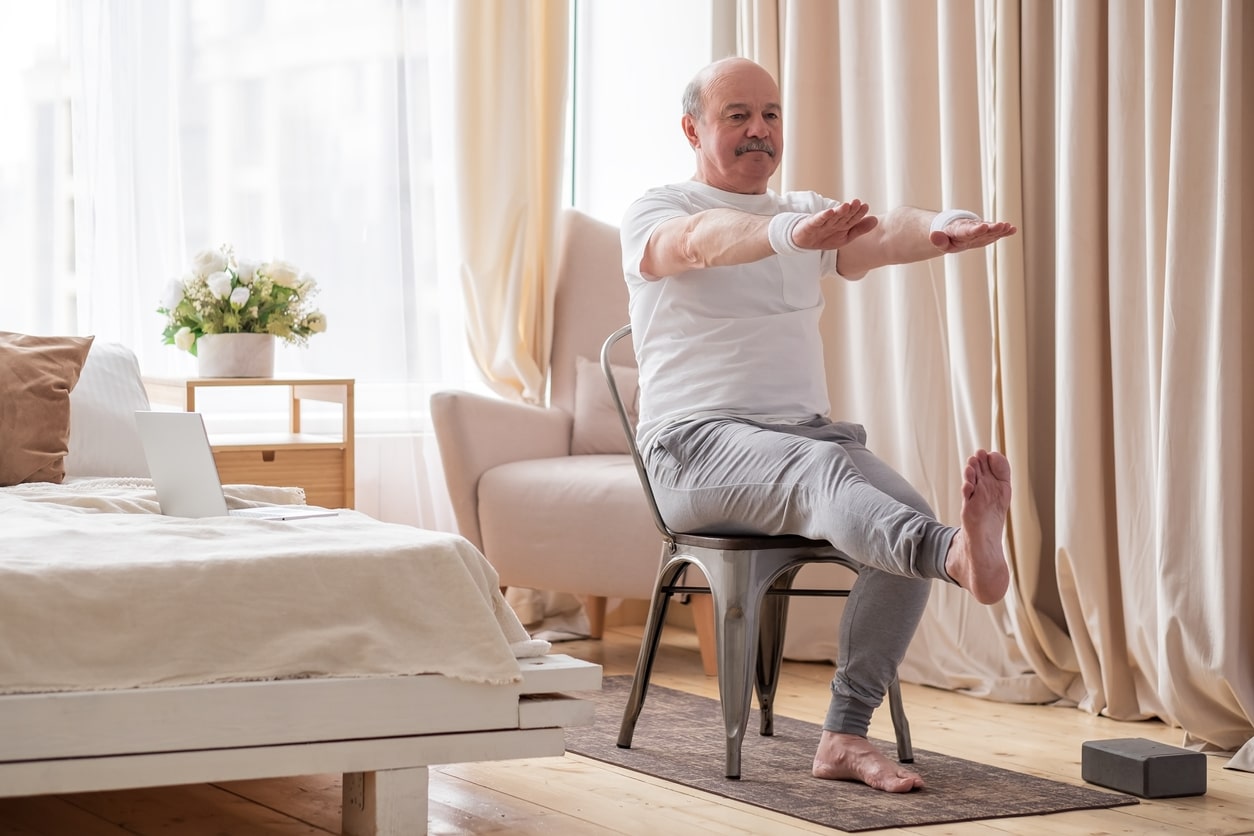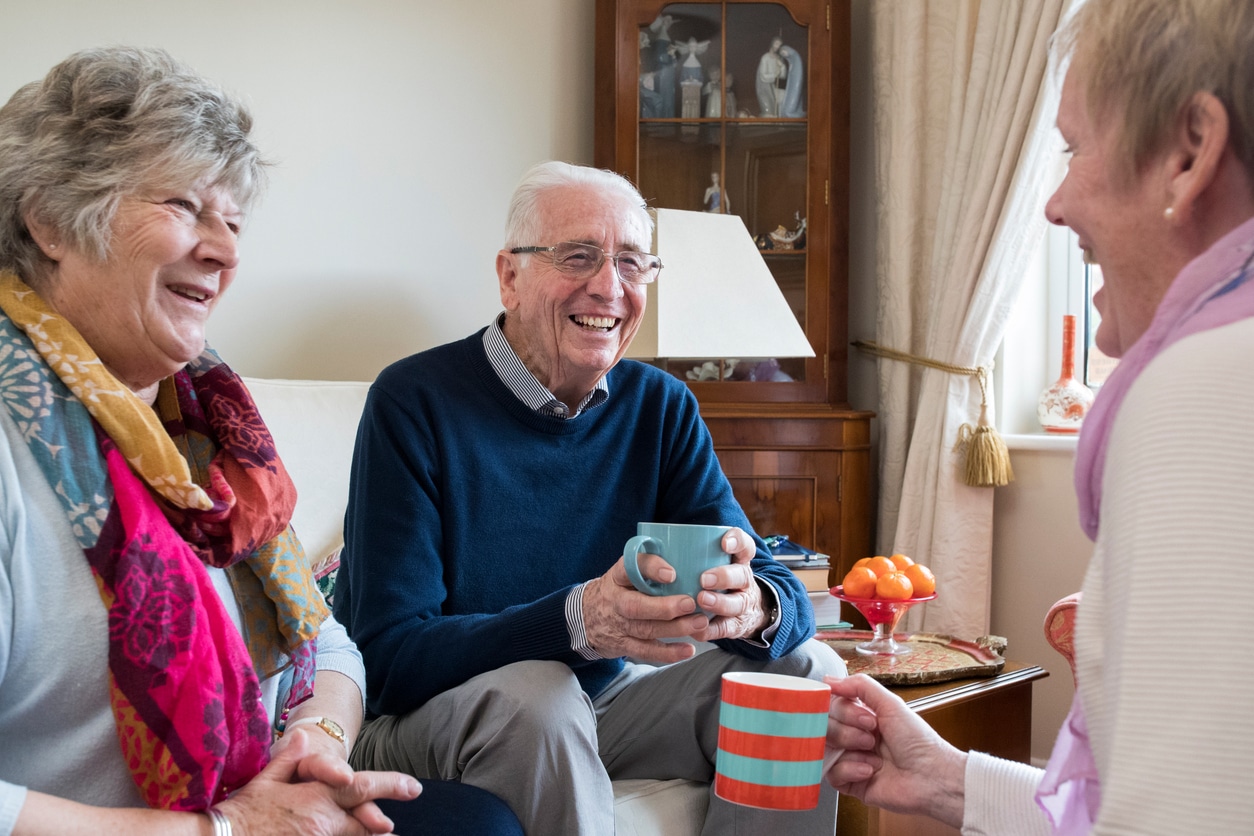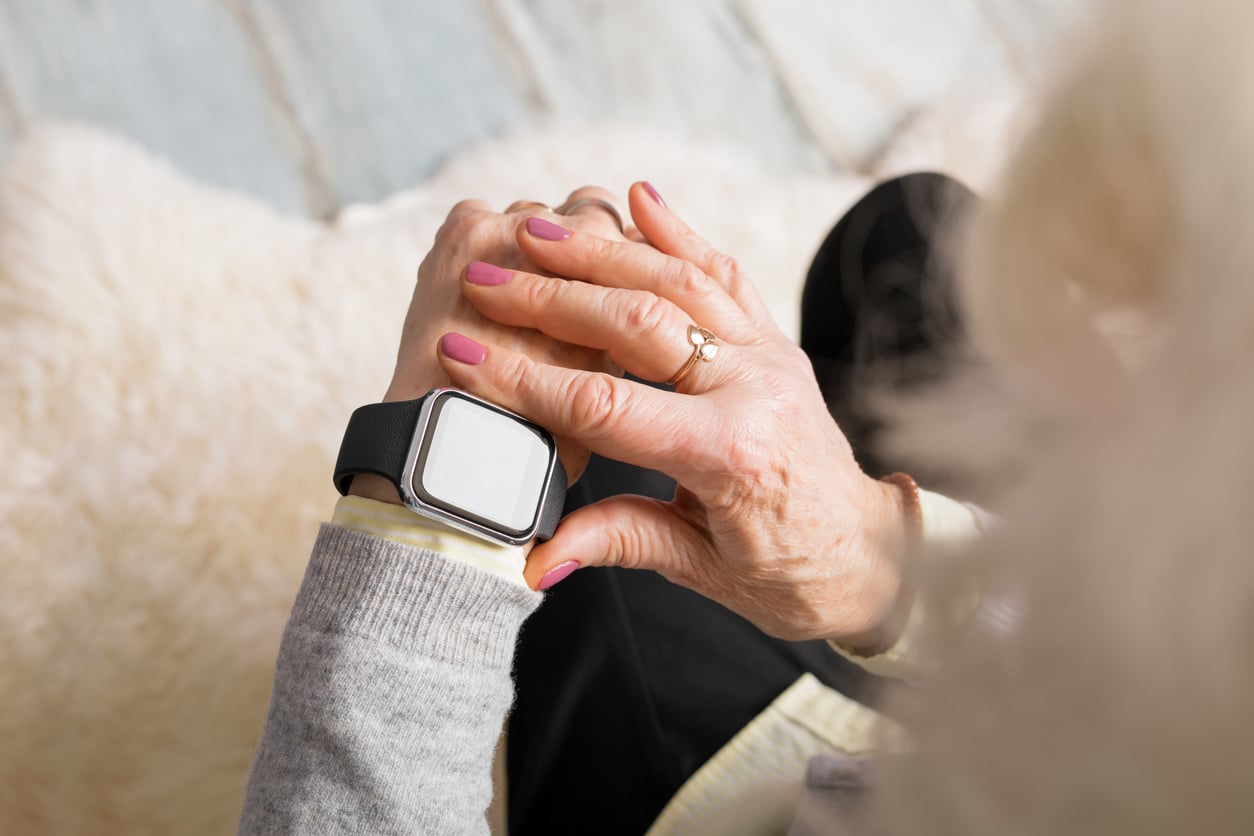As we age, the risk of hip injuries increases, often due to fragile bones and the cumulative effects of past injuries. Thousands of people, especially seniors, experience cracks, breaks, and fractures, leading to significant challenges. While we can’t reverse past injuries, there are proactive measures we can take to prevent future hip issues.
8 Practical Ways to Safeguard Your Hips from Injuries
1. Maintain a Healthy Weight
Carrying excess weight places undue stress on your hips, impacting their functionality. Shedding extra pounds not only benefits your overall health but also improves your mobility and reduces the risk of hip, knee, and back pain associated with being overweight.
2. Incorporate Regular, Gentle Exercise
Engage in light exercises such as walking, stretching, yoga, and resistance band workouts. These activities promote weight management, enhance posture, flexibility, and boost energy levels. Avoid strenuous exercises, especially if you’re not accustomed to them, to prevent unnecessary strain on your hip joints.
3. Cushion Hips and Knees During Sleep
Sleeping in comfortable positions is crucial for joint health. Use cushions or pillows between your knees to alleviate stress on your hips. Consider placing a body wedge under your hip for additional support. When sleeping on your back, use a pillow under your knees to maintain proper spine alignment.
4. Prevent Falls
Take precautions to avoid falls, a common cause of hip injuries in seniors:
Ensure Home Safety
Make your home fall-proof by removing tripping hazards like loose rugs and cords. Install night lights for better visibility during nocturnal bathroom visits and keep pathways clear.
Choose Supportive Footwear
Opt for slip-proof shoes with proper arch support. Supportive footwear contributes to better walking, posture, and protection for your feet, legs, and hips.
5. Prioritize Vision Care
Regular vision tests are essential for preventing falls. Clear vision helps you navigate your surroundings more safely. Update your prescription as needed to maintain optimal visual acuity.
6. Be Mindful of Medications
Certain medications and health conditions can affect balance and coordination. Stay informed about the side effects of your medications, and be cautious with alcohol consumption, ensuring moderation and accompanied outings for added safety.
7. Ensure Adequate Sleep
A good night’s sleep is crucial for alertness and safety. Establish a sleep routine and engage in low-impact exercises to promote better sleep quality. Fatigue, combined with age-related changes in reflexes, can increase the risk of accidents.
8. Consider a Medical Alert System
For added peace of mind, invest in a medical alert system. These systems provide fast access to help 24/7, ensuring prompt assistance in case of emergencies.
Prioritize overall health and well-being by staying vigilant about medications’ side effects. Regularly check in with your doctor, maintain a balanced diet, and stay hydrated. Additionally, ensure sufficient and quality sleep to support alertness, as tiredness can compromise safety, especially in conjunction with age-related reflex changes. Remember to engage in regular exercise, practice stress management techniques, foster social connections, and embrace positive habits for holistic well-being. Taking these preventive measures can significantly reduce the likelihood of hip injuries, allowing seniors to enjoy an active and fulfilling lifestyle while minimizing potential risks.



